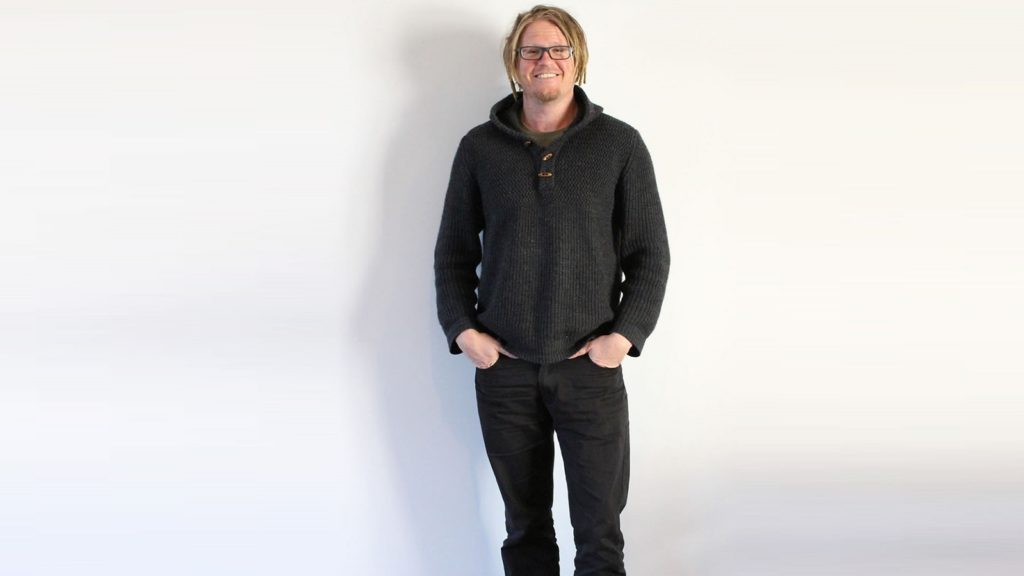We all have them. Those apps we open without thinking. Not because we need anything in particular, but because they feel… safe, in some…
Heavy Chef founder on four ways startup hires are different [Extract]

Startup hires are different to recruits in established companies. Successful startup hires possess a unique skill set, a different work ethic and a different attitude, says entrepreneur and Heavy Chef founder Fred Roed, in his new book Starting a Business in South Africa.
Heavy Chef started as a platform that focused on digital tools where digital entrepreneurs, advertisers, creatives, technologists and others presented at monthly events.
Roed, who in 2003 founded digital advertising company World Wide Creative with Mike Perk before recently exiting, says apart from the monthly events, Heavy Chef has initiated two tours to entrepreneur hotspots — London’s Fintech hub, Shoreditch, and Silicon Valley in the US.
Successful startup hires possess a unique skill set, a different work ethic and a different attitude, says Heavy Chef founder Fred Roed
“At Heavy Chef, we want to resolve the way we achieve mastery. There are too many bleeps, banner ads and blinking emojis; too many distractions for us to pay attention.
“My team and I have noted a simple formula that rises above the noise. This formula is: learn + do + share = master,” writes Roed in the book.
Four ways startup hires are unique
In this second excerpt from Starting a Business in South Africa Roed lists four reasons why recruiting employees for a startup is different from taking on new people at a corporate or big company.
1. Good Startup hires share your vision
The people you hire as your first employees in a startup, need to buy into your dream and vision in a real way. How do you know whether they share your vision? Potential recruits will already have elements of your vision infused into their personal vision for their own careers.
They may be aspiring entrepreneurs themselves, wanting to make a difference in the world, or they may have a desire to solve the same problem your business intends to solve. Look for nuggets of your vision in their personal philosophy.
According to Wierzycka (Magda Wierzycka of Sygnia Group): “Teams fall apart when the values of their individual members are vastly different. Look for people who have the same work ethic as you, but who will challenge you and not be afraid to speak their minds.”
2. Good startup hires are curious
There’s something about being part of a brand new business that ignites a spark in some people, while others find the thought daunting. And successful startup hires never lose that sense of curiosity. They always want to find out what lies around the next corner.
In the interview, they are the people who will ask questions and give input from the word go. That curiosity cannot be bought or imitated. Recruits that have it, when nurtured in the right way, are usually able to use that curiosity as a powerful tool for innovation.
3. Good startup hires are hands-on
The people you choose to hire as your first recruits, should be people who are eager to be a part of the action.
They’re not the kind of people who sit back and wait for instructions. They’re the kind of people who are keen to roll up their sleeves, get their hands dirty and apply their minds to the challenges that exist in a startup.
The best recruits are those who are willing to go beyond the call of duty to solve a problem, even if it means tackling tasks that are outside their job descriptions.
4. Good startup hires are partners
The people who make up your first workforce, are the people who are going to be responsible for building your company’s foundation. They will share in the company’s initial successes and failures, and learn to take their duties onboard in a way that shows a large degree of personal responsibility.
To be a constructive part of the team, they will need to be more than just employees. The first recruits will become your partners – they will need to take initiative, set goals and demonstrate a sense of independence that conventional employees don’t possess.
Order Fred Roed’s book ‘Starting a Business in South Africa’ here on Heavy Chef.
Featured image: Heavy Chef founder Fred Roed (Supplied)

